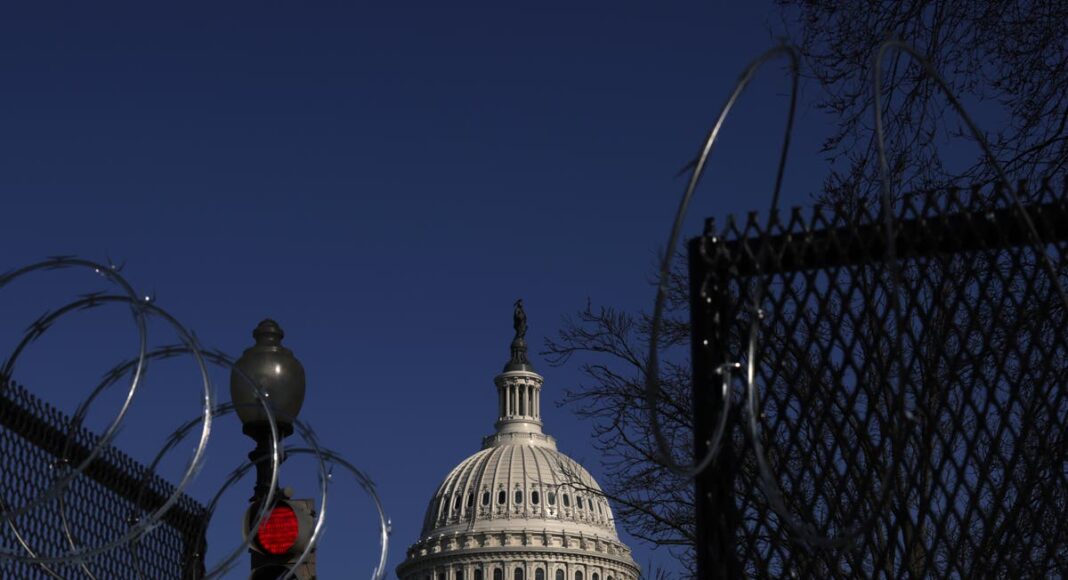Federal officials are considering expanding how to monitor the travels of domestic extremists, including potentially expanding the use of the FBI’s controversial “No Fly List,” part a push to address the growing threat of right-wing violence after the 6 January attack on the Capitol.
New steps could include more monitoring of these extremists’ travel patterns, additional searches and questioning at airports, and putting indiuals on a federal list that bars them from flying. The effort reportedly comes with the support of the White House, and would involved the coordination of the FBI and the Department of Homeland Security, created after 9/11 in response to foreign terror threats. But now, following repeated warning from security officials, and the striking images of the 6 January Capitol riots, where right-wing extremists from around the country converged on Washington, the focus has returned inward.
“Domestic violent extremism poses the most lethal, persistent terrorism-related threat to our homeland today,” a DHS spokesperson told Politico, which first reported the potential changes. “DHS is committed to improving security and is reviewing options for enhancing screening and vetting protocols and travel pattern analyses, consistent with privacy, civil rights, and civil liberties.”
The White House did not immediately respond to a request for comment from The Independent. The FBI declined to comment.
Now top officials are once again sounding the alarm. FBI director Christopher Wray told the Senate in early March that the Capitol attacks were “domestic terrorism,” part of a growing movement around the country.
“January 6 was not an isolated event. The problem of domestic terrorism has been metastasising across the country for a long time now and it’s not going away anytime soon,” he said at the time. “At the FBI, we’ve been sounding the alarm on it for a number of years now.”
According to Mr Wray, there were around 1,000 domestic terror investigations when he took office in 2017, a number which has now nearly doubled. Arrests of white supremacists and other race-based extremists have almost tripled, he added.
That’s led lawmakers like representative Bennie Thompson, a Mississippi Democrat, to call for putting the Capitol attackers on the no-fly list, while President Biden and others have called for stronger domestic terror laws.
But critics warn that expanding anti-terror laws and surveillance could invite civil rights abuses. Advocates have long complained that placement on the no-fly list has historically been done without notice to the indiuals, at times arbitrary and vulnerable to bias against Muslims after 9/11, and nearly impossible to be removed from.
They also argue that a new domestic terror law is unnecessary, and could serve to criminalise dissent.
“What leaders virtually never acknowledge is that federal law enforcement already has the tools necessary to investigate and prosecute white supremacist violence,” Hina Shamsi, director of the American Civil Liberties Union’s National Security Project, and Manar Waheed, its senior legislative and advocacy counsel, wrote in a recent op-ed for NBC News. “Law enforcement agencies choose not to use them — just as they chose to let white supremacists storm the Capitol as the nation watched in horror.”



